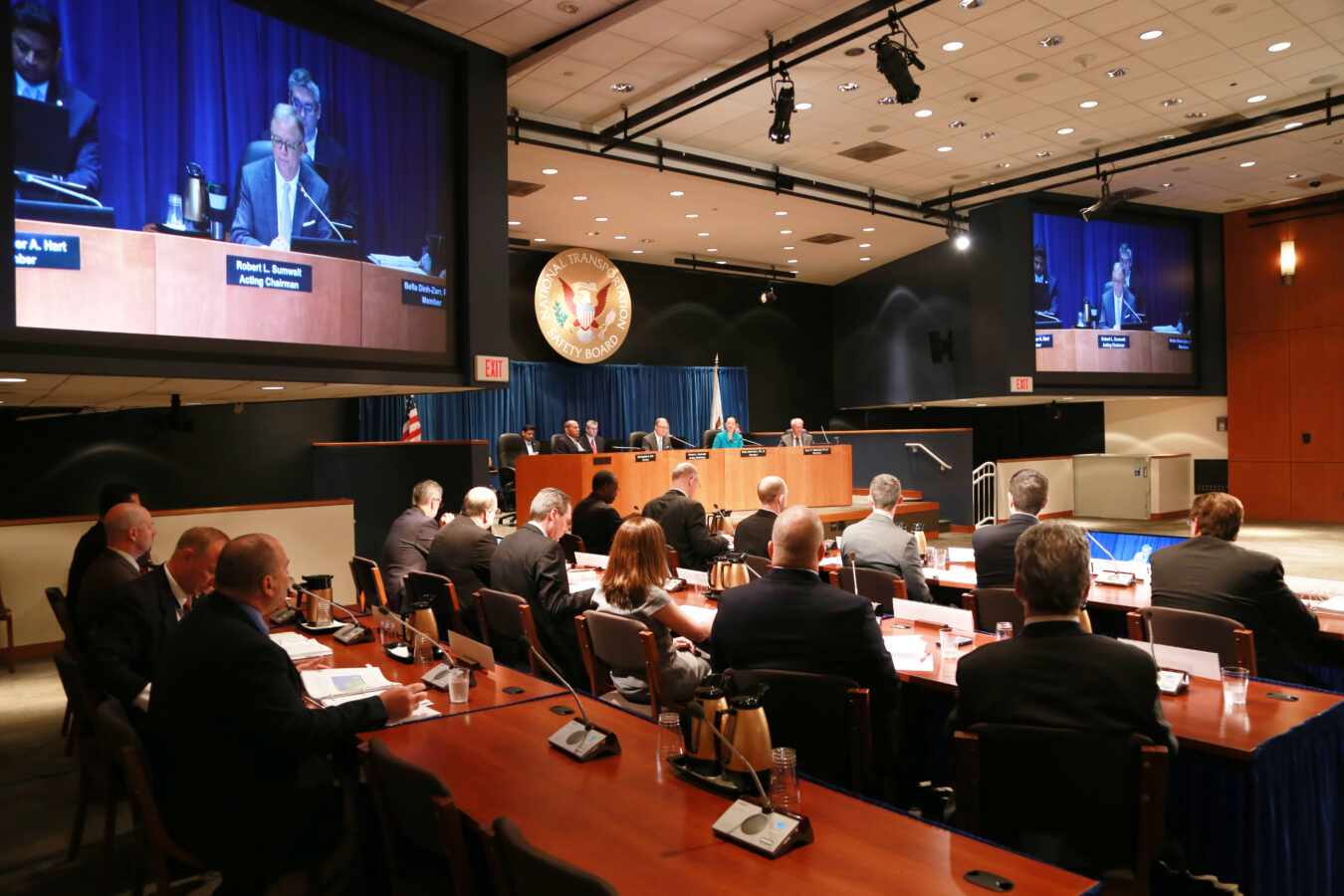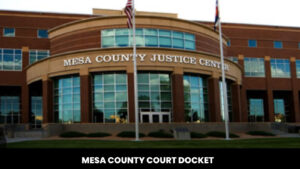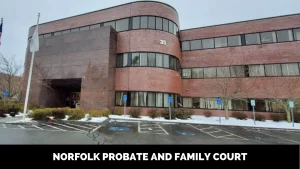What is Hearing in Court
What to Expect at a Hearing
When facing legal matters, understanding the processes and procedures involved can alleviate much of the anxiety associated with the unknown. One critical aspect of legal proceedings is a court hearing. In this article, we’ll delve into the details of what a court hearing entails, who participates, and what to expect during the process.
Legal proceedings can be complex and intimidating, especially for those unfamiliar with the intricacies of the law. A court hearing is a pivotal phase of the legal process, providing an opportunity for both sides to present their cases and for a neutral party to make an informed decision based on the evidence presented.
Nature of the Code Violation
The nature of the code violation determines the structure and participants of a court hearing. Whether it’s a parking violation, property dispute, or other legal matter, the specifics of the violation influence the course of the hearing.
The Role of the Hearing Officer
At the heart of every court hearing is the hearing officer. This impartial individual is a licensed attorney appointed by the Department director to preside over the proceedings and ensure a fair and independent judgment.
Participants in the Hearing
Participation in a court hearing varies based on the violation. The city, as the petitioner, may have a representative present along with potential witnesses. Respondents, those accused of the violation, also participate. They may represent themselves, hire an attorney, or have an authorized representative attend on their behalf.
Your Rights at the Hearing
Understanding your rights is crucial when facing a court hearing. You have the right to represent yourself, hire legal representation, or have a friend/family member assist you. If the city presents its case through witnesses or affidavits, you can question those presenting evidence.
Questioning City Witnesses
When the city presents its case, you have the right to cross-examine city witnesses if they provide in-person testimony. If the case relies solely on affidavits, you can request a subpoena for the witness’s attendance.
Presenting Your Side of the Story
During the hearing, you have the opportunity to share your perspective. This can be done through sworn affidavits, personal testimony, witness statements, or other evidence that supports your case.
Pre-Hearing Settlement Offers
In some instances, the city may offer a pre-hearing settlement. This involves resolving the case by agreeing to pay a fine, though acceptance of such an offer is optional.
Strict Liability and Vicarious Liability Offenses
Certain code offenses fall under strict liability or vicarious liability. In strict liability cases, intent is irrelevant, while vicarious liability applies when someone entrusted with your property commits an offense.
The Conduct of the Hearing
Administrative Hearings are less formal than court trials. While rules of evidence and procedure are less strict, testimony is still under oath, and a structured process ensures fairness.
The City’s Burden of Proof
The city initiating the case must establish a “prima facie case” by presenting allegations supporting the code violation. The city may introduce affidavits, witnesses, or evidence to make its case.
Being Found Liable
If you’re found liable, the hearing officer follows Municipal Code guidelines to impose penalties, which can include fines, restitution, community service, and administrative costs.
Being Found Not Liable
Being found not liable results in the case being dismissed, with no penalties imposed on you.
Conclusion
Navigating a court hearing requires understanding your rights, the process, and the roles of various participants. Regardless of the outcome, being informed can help alleviate stress and uncertainty during this legal process.
Frequently Asked Questions
- Can I represent myself in a court hearing? Yes, you have the right to represent yourself or hire legal representation.
- Can I question city witnesses during the hearing? If the city presents its case in person, you can cross-examine their witnesses.
- What is a pre-hearing settlement offer? It’s an option to settle the case by agreeing to pay a fine before the hearing.
- What are strict liability offenses? In these cases, intent is irrelevant to the offense.
- What happens if I’m found not liable? The case against you is dismissed, and no penalties are imposed.





